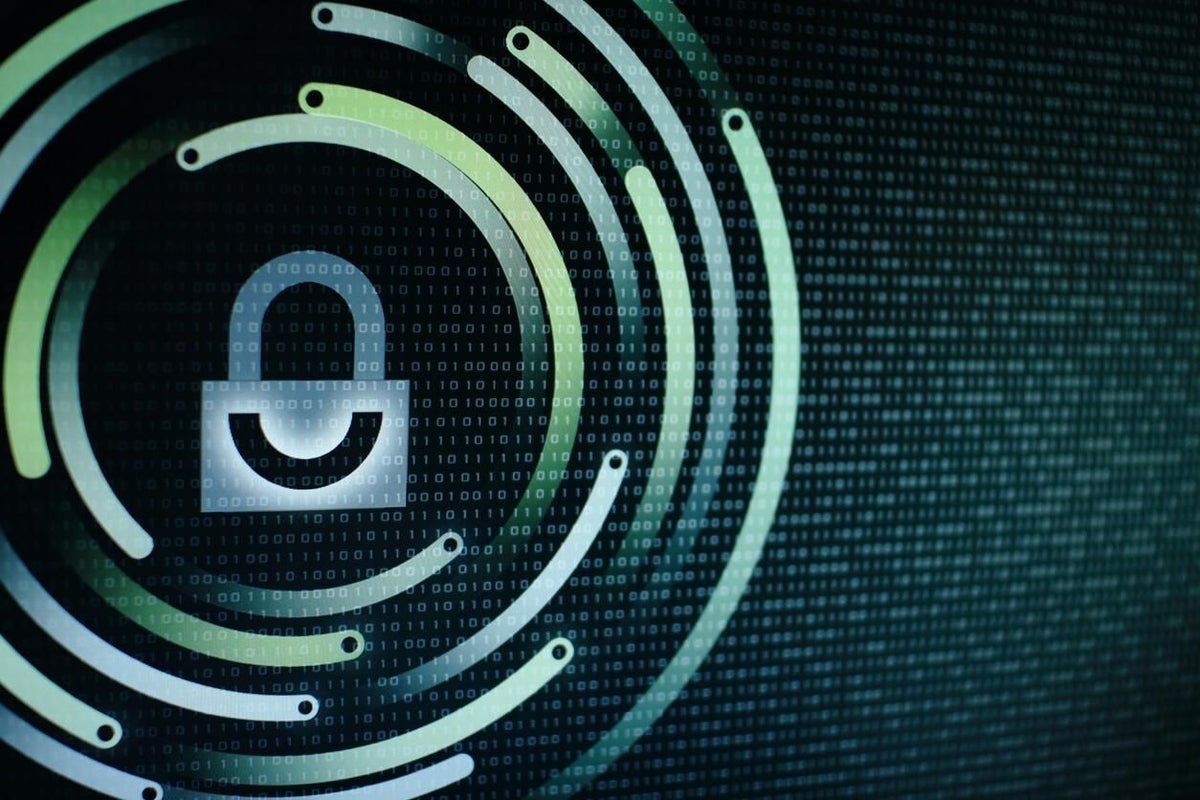
Security
Cloud SecurityWhat Is a VPN Kill Switch and Why Do You Need One?
Dead and loving it? Discover the definition, the benefits, drawbacks, recommended vendors and more.

Dead and loving it? Discover the definition, the benefits, drawbacks, recommended vendors and more.

Explore the best password managers for Android devices that offer secure storage and easy access to your passwords. Find out which one suits your needs best.

Authenticator apps provide an extra layer of security. Learn about the best authenticator apps to secure your online accounts and protect your privacy.

Discover the top open-source password managers for Windows. Learn about the features and benefits of each to determine which one is the best fit for your needs.

Check out these features from Authy and Google Authenticator before deciding which authentication tool is best for you.

Your customers expect you to keep their data secure, and this collection of video courses covers everything you need to know about cybersecurity.

Learn about the potential vulnerabilities of VPNs and the measures you can take to enhance your VPN security.

Which VPN works best on iPhones? Use our guide to compare the pricing and features of the 7 best VPNs for iPhone.

Oxford University researchers used an approach dubbed “blind quantum computing” to connect two quantum computing entities in a way that is completely secure.

Nearly 10 million devices were infected with data-stealing malware in 2023, with criminals stealing an average of 50.9 credentials per device.

Our review methodology for password managers involves extensive research, expert analysis and first-hand experience.

Learn about the benefits of using a VPN and how to choose the right one for your business needs.

Atlas VPN will shut down its services on April 24, 2024, with all premium users to be migrated to sister company NordVPN on the same day.

Atlas VPN will shut down on April 24, with its paid users migrated to NordVPN. In this matchup, we recommend Proton VPN given its privacy-focused feature set.

Speedify VPN offers speed-centered features that may not make up for its lack of security and pricey plan. Find out how this VPN measured up in our review.

When it comes to privacy and security, PIA VPN is among the best. Discover its features, performance, pricing and more with this in-depth review.

Atlas VPN is a budget-friendly VPN that offers a unique IP address swapping feature perfect for privacy enthusiasts.

Our review methodology for virtual private networks involves comprehensive research, expert analysis and first-hand experience.

Apple recommends that iPhone users install software updates, use strong passwords and 2FA, and don’t open links or attachments from suspicious emails to keep their device safe from spyware.

Research has found that criminals can demand higher ransom when they compromise an organisation’s backup data in a ransomware attack. Discover advice from security experts on how to properly protect your backup.